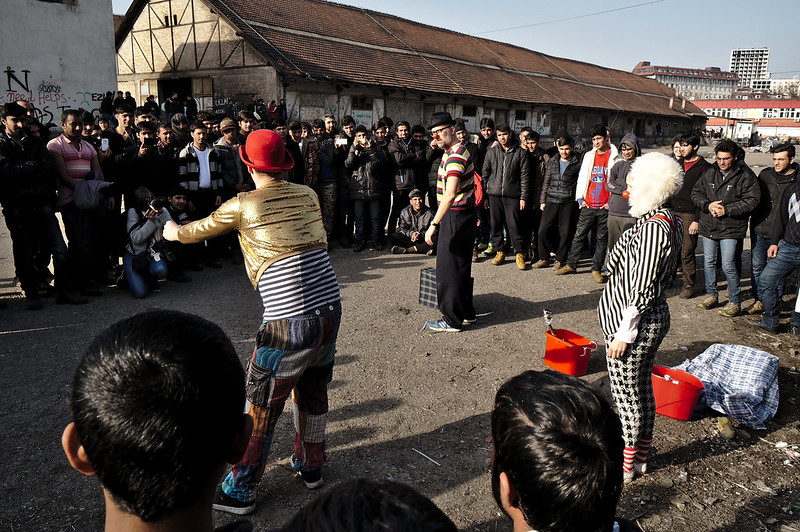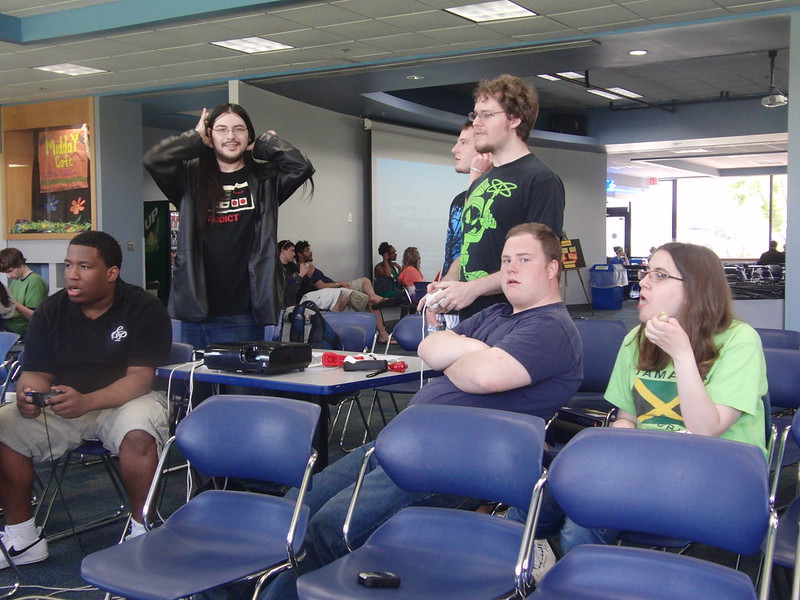 While often overlooked, comedy and entertainment have emerged as powerful tools in the fight against poverty. Beyond providing emotional relief, these creative industries offer economic opportunities and foster social cohesion in underserved communities. In 2019, the global live entertainment industry generated a total economic impact of $132.6 billion, supporting 913,000 jobs and contributing approximately $42.2 billion in labor income.
While often overlooked, comedy and entertainment have emerged as powerful tools in the fight against poverty. Beyond providing emotional relief, these creative industries offer economic opportunities and foster social cohesion in underserved communities. In 2019, the global live entertainment industry generated a total economic impact of $132.6 billion, supporting 913,000 jobs and contributing approximately $42.2 billion in labor income.
This substantial economic footprint underscores the potential of entertainment sectors to drive development and alleviate poverty. Moreover, cultural festivals have been shown to boost local economies significantly. For instance, the Adelaide Fringe Festival in Australia contributed $149 million to South Australia’s economy in 2024, supporting thousands of jobs and attracting nearly 60,000 interstate visitors.
Comedy as a Pathway to Opportunity and Healing
Many comedians and content creators have transformed their experiences with poverty into thriving careers on platforms like YouTube, TikTok and Netflix, proving that storytelling and humor can open the door to sustainable livelihoods. Organizations such as Clowns Without Borders use humor to raise awareness and funds while bringing joy to children in crisis zones. Its work highlights how creative expression can uplift communities affected by conflict and hardship. These examples illustrate how comedy and entertainment can serve as catalysts for economic growth and poverty reduction. Below are four ways in which these creative avenues are making a difference:
Stand-Up and Theater Schools
The International Theatre Project is dedicated to expanding access to theater for individuals living in poverty in developing countries. Since its inception in 2005, the organization has supported more than 2,700 students. Its programs aim to help young people present their thoughts confidently, solve problems collaboratively and see the world from new perspectives. Through this process, participants develop their identities, ensuring that poverty no longer defines them. The impact is significant, with more than 90% of students who participate in these programs pursuing higher education at universities.
Digital Platforms and the Television Industry
The French-Senegalese actor Omar Sy, the third of eight children born to immigrant parents, has risen to success through his talent and the television industry. In 2015, he played a role reflecting his roots in the movie “Samba.” Similarly, digital platforms like TikTok have become powerful tools for escaping poverty. Kenyan singer Michael Bundi, once on the verge of eviction due to financial struggles, gained significant attention and financial success after posting his songs on TikTok, as his music resonated with viewers.
NGOs Using Comedy to Bring Hope
Clowns Without Borders operates not only in the United Kingdom (U.K.) but in countries affected by conflict or disaster, such as Ukraine and Mozambique. The organization has been spreading laughter and offering moments of respite to more than 100,000 children over the past decade. Clowns Without Borders aims to reach an additional 1 million children over the next 10 years, continuing its mission to bring joy and hope to those who need it most.
Comedy Festivals Boosting Local Economies
The stand-up comedy scene in Kenya is booming, contributing to the local economy. Collectives like the Punchline Comedy Club, founded in 2017, organize open-mic nights, monthly shows and festivals that attract diverse audiences. These events provide platforms for emerging and established comedians, creating jobs in the entertainment industry. Artists such as Anthony “Ty” Ngachira and Eunice Njoki, known as Mammito, have seen their careers flourish through these opportunities, helping to grow the Kenyan comedy industry.
 Gaming has evolved significantly from its novelty
Gaming has evolved significantly from its novelty 